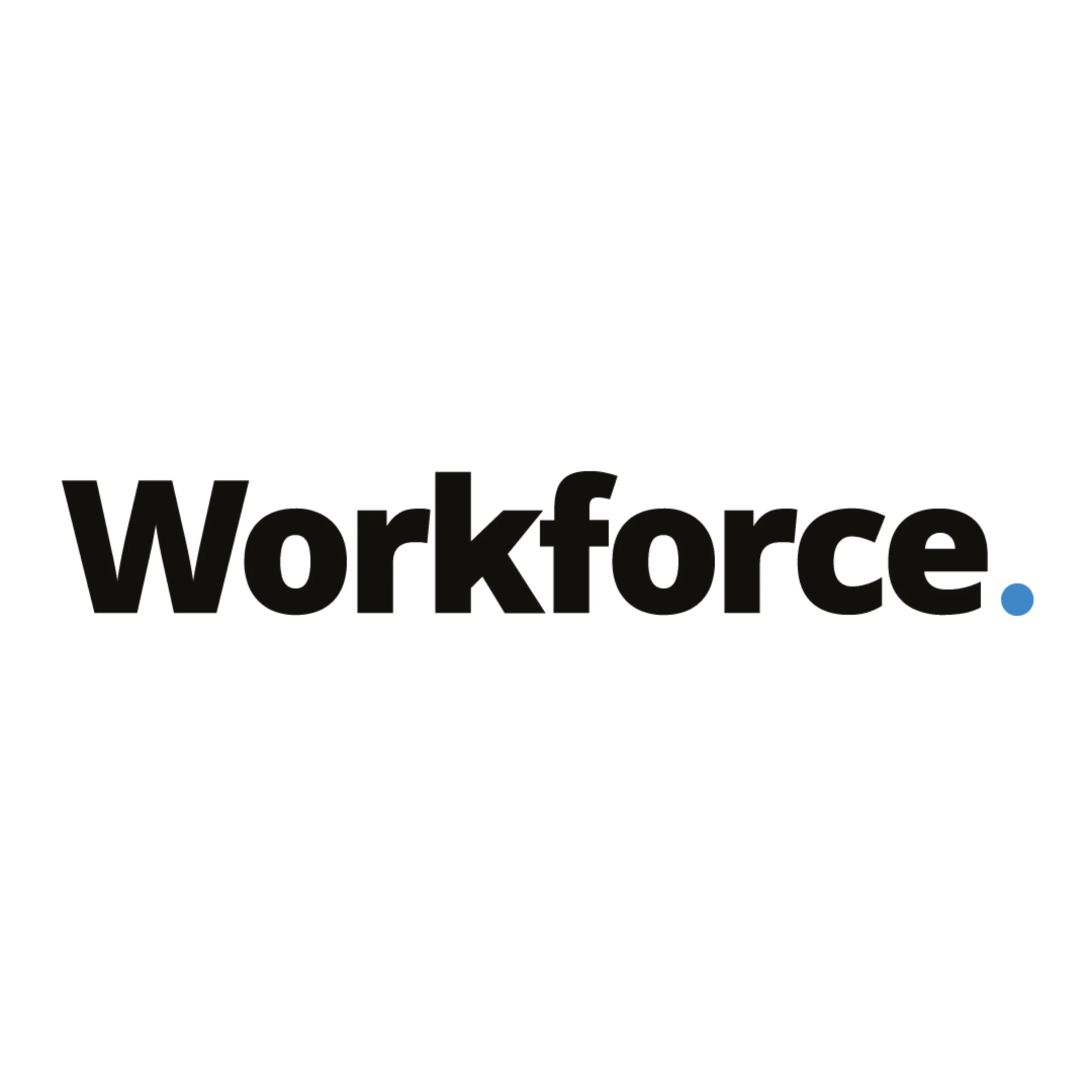In today’s fast-paced business environment, hiring decisions carry immense weight. The right hire can propel a company forward, while the wrong one can lead to financial losses, reputational damage, and even legal troubles.
This is where background check reports play a crucial role. They are more than just a formality; they are a vital tool for making informed hiring decisions.
A comprehensive background check report can reveal much about a candidate beyond their resume and interview performance. It can uncover potential red flags, confirm qualifications, and ensure a safe workplace.
However, not all background check reports are created equal. Employers need to know what to look for to make the most of this powerful tool.
In this article, we will explore the five key elements that should be in every background check report and why each is so important. Understanding these elements will help you make more informed, confident hiring decisions and protect your organization in the long run.
1. Identity Verification: The Foundation of Trust

Identity verification is the cornerstone of any background check report. It ensures that the person you are considering for a position is who they claim to be. This step helps prevent identity fraud and impersonation, safeguarding your company from hiring individuals with falsified identities.
What to Look For:
- Government-Issued ID: Verification of a candidate’s passport, driver’s license, or national ID.
- Social Security Number (SSN) Validation: Confirms that the SSN belongs to the candidate and is active.
- Address History: Checks for consistency between declared addresses and official records.
Why It Matters:
- Protects against identity fraud.
- Ensures accuracy in subsequent background check reports.
- Helps maintain a safe and trustworthy work environment.
2. Criminal History Check: Safeguarding Your Workplace
A criminal history check is vital for assessing potential risks associated with hiring a candidate. This check helps employers understand if an applicant has a history of criminal behavior that could impact their ability to perform their job safely and responsibly.
What to Look For:
- National and Local Criminal Records: Searches for felony and misdemeanor convictions.
- Sex Offender Registry: Especially important for roles involving vulnerable populations.
- Role-Specific Checks: For example, additional searches for financial crimes for positions in finance.
Why It Matters:
- Reduces the risk of workplace violence and misconduct.
- Protects your company’s assets and reputation.
- Ensures compliance with industry regulations, especially in sensitive sectors.
3. Employment Verification: Confirming Professional Integrity
Employment verification checks the accuracy of a candidate’s work history, including previous job titles, dates of employment, and reasons for leaving. This element is crucial for validating the professional claims made in a resume.
What to Look For:
- Past Employers: Confirmation of employment duration, job titles, and responsibilities.
- Reason for Leaving: Insight into the candidate’s professional history.
- Gaps in Employment: Understanding unexplained periods between jobs.
Why It Matters:
- Prevents hiring based on exaggerated or falsified resumes.
- Ensures the candidate has relevant experience for the role.
- Builds trust in the hiring process.
4. Education Verification: Ensuring Qualifications

Education verification confirms that a candidate holds the degrees and certifications they claim to have. This check helps employers ensure that applicants possess the necessary educational background for the role.
What to Look For:
- Degree Confirmation: Verification of degrees, diplomas, and certifications.
- Institution Accreditation: Ensures the degree is from a recognized and legitimate institution.
- Dates of Attendance: Matches the candidate’s claims with official records.
Why It Matters:
- Prevents hiring unqualified individuals.
- Protects against resume fraud.
- Aligns candidate qualifications with job requirements.
5. Role-Specific Checks: Tailoring to Job Requirements
Role-specific checks are additional screenings based on the specific responsibilities and risks associated with a position. These checks help tailor the background screening process to ensure candidates meet all necessary criteria for their roles.
Examples Include:
- Credit Checks: For positions involving financial responsibility or access to sensitive financial data.
- Driving Records: For roles that require operating company vehicles.
- Professional License Verification: For regulated professions like healthcare or law.
Why It Matters:
- Mitigates risks unique to certain positions.
- Ensures compliance with industry standards and regulations.
- Protects company assets and maintains operational integrity.
Conclusion
A comprehensive background check report is an invaluable tool for making informed hiring decisions. By focusing on these five key elements, employers can significantly reduce the risks associated with hiring and build a more secure, trustworthy workforce.
Background check report that are thorough and well-structured provide the insights needed to hire with confidence. They help ensure that candidates are qualified, trustworthy, and suitable for their roles, ultimately contributing to a safer and more productive workplace.
Incorporating these checks into your hiring process not only protects your organization but also reinforces trust throughout the recruitment process. With the right background check report, you can make more informed decisions and create a stronger foundation for your company’s success. To get started, kindly schedule a free consultation with one of our expert consultants today or send us an email to hello@workforcegroup.com.

